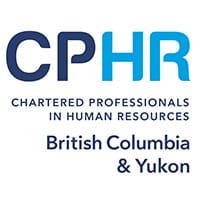In a competitive environment, employers must often battle to ensure they have access to the best prospective candidates for an open position. They will frequently explore various distribution methods to cast a wide net in search of quality applicants. In British Columbia, employers often publish an ad for a job to incite applicants to submit resumes.
Unfortunately, even a simple word-choice error in an employment advertisement can result in significant problems. Hiring managers or human resource experts will often attempt to use creative language or energetic phrasing without realizing that many terms might have double meanings or be misconstrued entirely.
Sending the wrong message
The BC Human Rights Tribunal has published examples of language that might be seen as discriminatory in employment advertisements. Words such as “physically capable” or “youthful perspective” might signify a preference for applicants of a certain age, health or activity level that engage protected characteristics.
If a company makes hiring decisions based on personal characteristics and cannot prove that the position actually requires those characteristics, they may face allegations of discriminatory hiring practices.
If the job responsibilities clearly require a candidate to meet certain characteristics in order to complete the work, then such language may not be considered discrimination. For instance, a warehouse worker may need to do extensive heavy lifting on the job. In this case, a certain level of physical fitness may be a necessity. Where such requirements exist, it is important for employers to carefully consider how they are phrased and what the actual nature of the position requires. For example, requiring that a warehouse employee be “capable of lifting 15 lbs” will likely be preferred over asking for individuals with “youthful energy.”
What personal characteristics are protected?
The BC Human Rights Code protects the following personal characteristics from discrimination in employment decisions:
- Race
- Colour
- Religion
- Ancestry or place of origin
- Sex or sexual orientation
- Gender identity or expression
- Physical disability
- Mental disability
- Marital or family status
- Age
- Political belief
As an employer, if you’re facing accusations of discriminatory hiring practices, it’s important to act quickly and seek legal guidance. Responding to such allegations without strong legal representation could damage your organization’s profitability and overall reputation.


